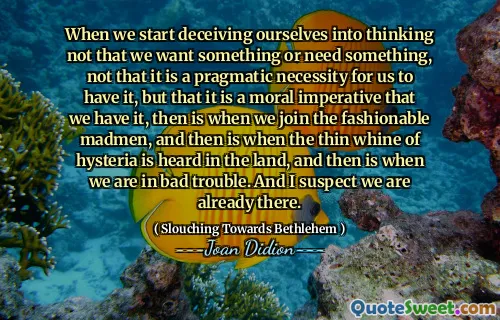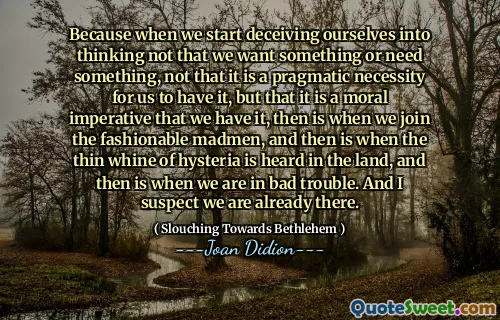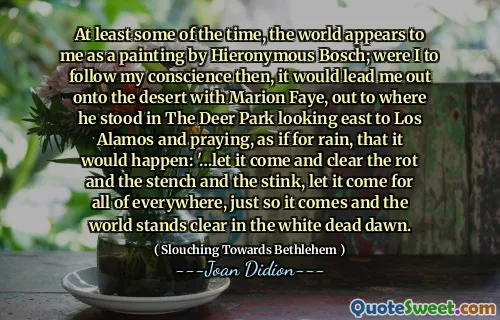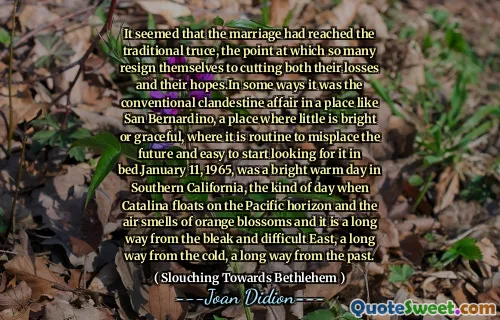
It is easy to see the beginnings of things, and harder to see the ends. I can remember now, with a clarity that makes the nerves in the back of my neck constrict, when New York began for me, but I cannot lay my finger upon the moment it ended, can never cut through the ambiguities and second starts and broken resolves to the exact place on the page where the heroine is no longer as optimistic as she once was.
The quote reflects on the contrast between beginnings and endings, particularly in personal experiences. The speaker recalls the vivid memories of their arrival in New York, highlighting the excitement and potential that came with it. However, the challenge lies in pinpointing when that initial enthusiasm faded, revealing the complexities of change and the difficulty of identifying a definitive ending moment. This uncertainty echoes a broader theme about life's transitions, where clarity often accompanies new beginnings, while the conclusion remains obscure.
The struggle to identify the exact moment of change emphasizes how life can be filled with ambiguities, making it hard to recognize when optimism transforms into something more subdued. This resonates with the author's personal journey and reflects a universal experience of grappling with the passage of time and the evolution of feelings. Didion's reflection serves as a poignant reminder that while beginnings may be easy to celebrate, endings are often muddled and leave us questioning what we once cherished.











